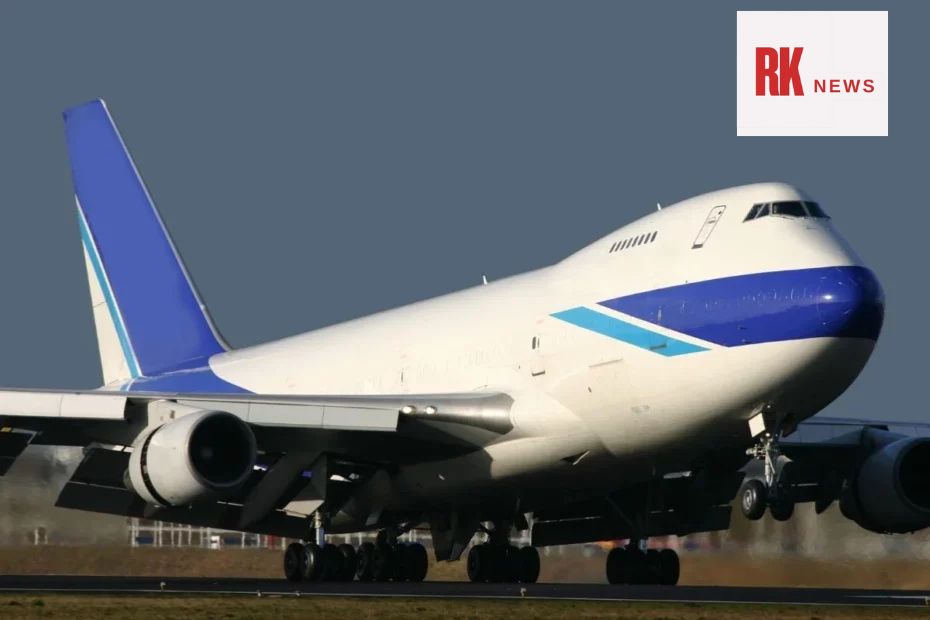Seattle, WA — Boeing Co. (NYSE: BA) surprised Wall Street with a stronger-than-expected Q1 performance, posting narrower losses, surging commercial airplane revenue, and a bullish outlook on aircraft production—even amid ongoing tariff headwinds and fallout from recent safety crises. Shares of Boeing soared over 5% on Wednesday following the announcement.
The aerospace giant reported a net loss of $31 million, a sharp improvement from the $355 million loss a year ago. Revenue jumped 18% to $19.5 billion, fueled largely by a 75% surge in commercial airplane revenue to $8.1 billion. Aircraft deliveries rose nearly 60% year over year, with 130 planes shipped compared to 83 in the same period last year.
CEO Kelly Ortberg said Boeing is preparing to raise output of its bestselling 737 Max jets, pending FAA approval. The current production cap is 38 per month, but the company aims to gradually scale that up to 52 aircraft monthly in five-plane increments. Ortberg added that Boeing is remarketing jets originally intended for China as trade tensions continue to limit deliveries to Chinese airlines.
While tariff concerns remain, Boeing stated that the Q1 financials reflect the impact of levies in place only through March 31. Ortberg emphasized the company’s $500 billion backlog and global demand for new aircraft as key cushions to navigate trade volatility. “We’re not going to continue building aircraft for customers who won’t take them,” he noted, referring to China’s ongoing freeze on Boeing imports.
The company also announced a $10.55 billion all-cash sale of parts of its digital aviation unit, including Jeppesen, to private equity firm Thoma Bravo. This move is part of Boeing’s renewed focus on its core businesses—commercial airplanes, defense, and aerospace services. The defense unit, despite securing a major contract to build the next-generation F-47 fighter jet, saw revenues fall 9% to $6.3 billion due to continued cost overruns.
Ortberg said Boeing is “moving in the right direction,” pointing to improved manufacturing safety, stronger production flow, and better financial discipline. With reduced cash burn, rising aircraft demand, and strategic reshuffling underway, Boeing appears poised for a steadier climb through the rest of 2025.
